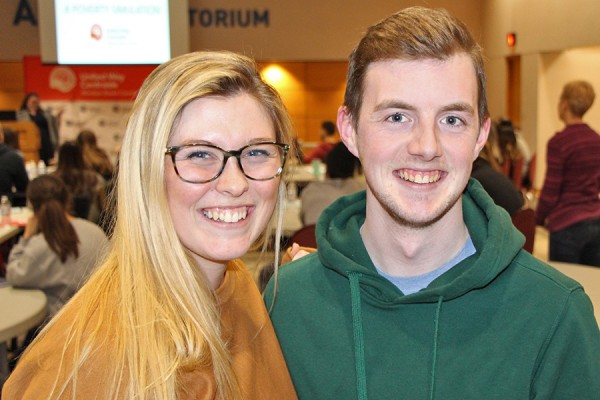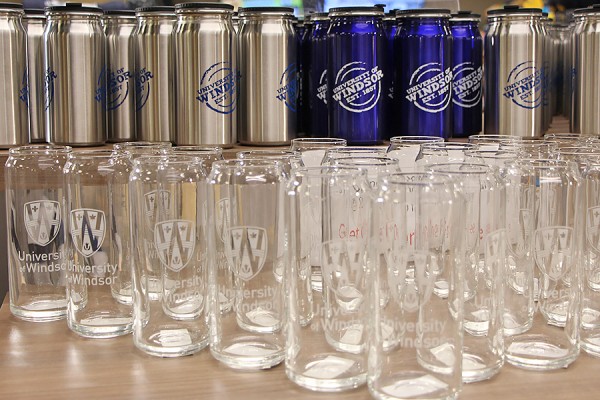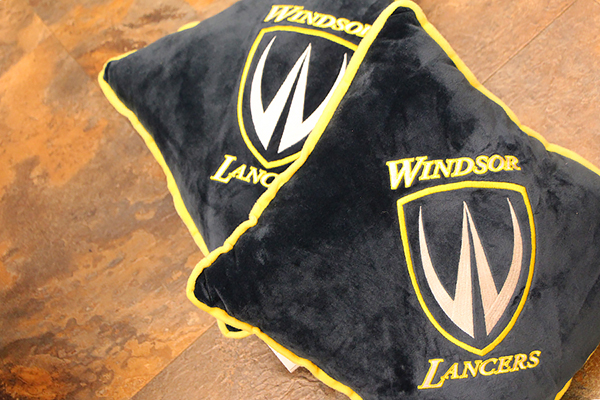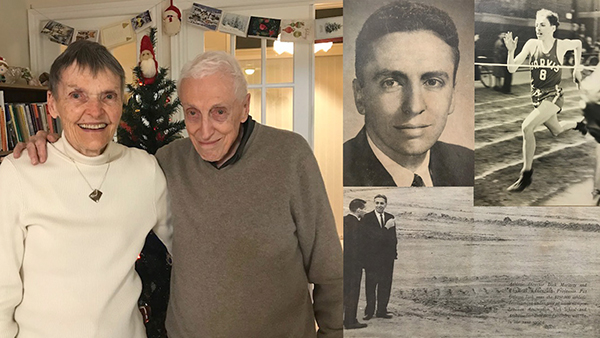 Education students Sydney Hawkins and Jesse Power were two of the participants in a simulation Thursday addressing the challenges of living in poverty.
Education students Sydney Hawkins and Jesse Power were two of the participants in a simulation Thursday addressing the challenges of living in poverty.
Teacher candidates in the service-learning course Leadership Experience for Academic Direction (L.E.A.D.), participated in an exercise Thursday and came away with a better understanding of what it means to live on a low income.
The “Living on the Edge” poverty simulation, led by the United Way, had the students take on roles of families trying to provide basic necessities. Some are newly unemployed, some are homeless, some are seniors receiving disability benefits.
Volunteers staff services — employers, social-service agencies, lenders, schools, grocery store, and more. Over the course of four 15-minute periods representing weeks, students find themselves going hungry, being evicted, and falling behind.
After the one-hour simulation, teacher candidates discussed the important learning moments of this experience. The simulation gave them a glimpse into the realities and complexities facing some of the pupils who will be in their classrooms.
Overall, teacher candidates left with a better understanding of poverty, as well as some tools and strategies to help them meet the needs of students in their school communities.
Education major Sydney Hawkins has run through the simulation twice: first acting as a child in a family struggling to pay its bills, later volunteering as a banker.
“It’s super-realistic,” she said. “It makes you more aware of the kinds of circumstances a child may be living with that you don’t always think about when you live a privileged life.”
She said the simulation provided a “tactile” learning experience that involved as much feeling as thinking: “You can relate to it a lot better.”
Her classmate Jesse Power also said he found Thursday’s event valuable.
“The main takeaway is having the benefit of the doubt when students come to us with their situations, to get to the human element,” Power said. “As a teacher, your job is to educate youth, but you’ll see these kids more than they’re at home. They’ll be looking to us for different types of support.”





